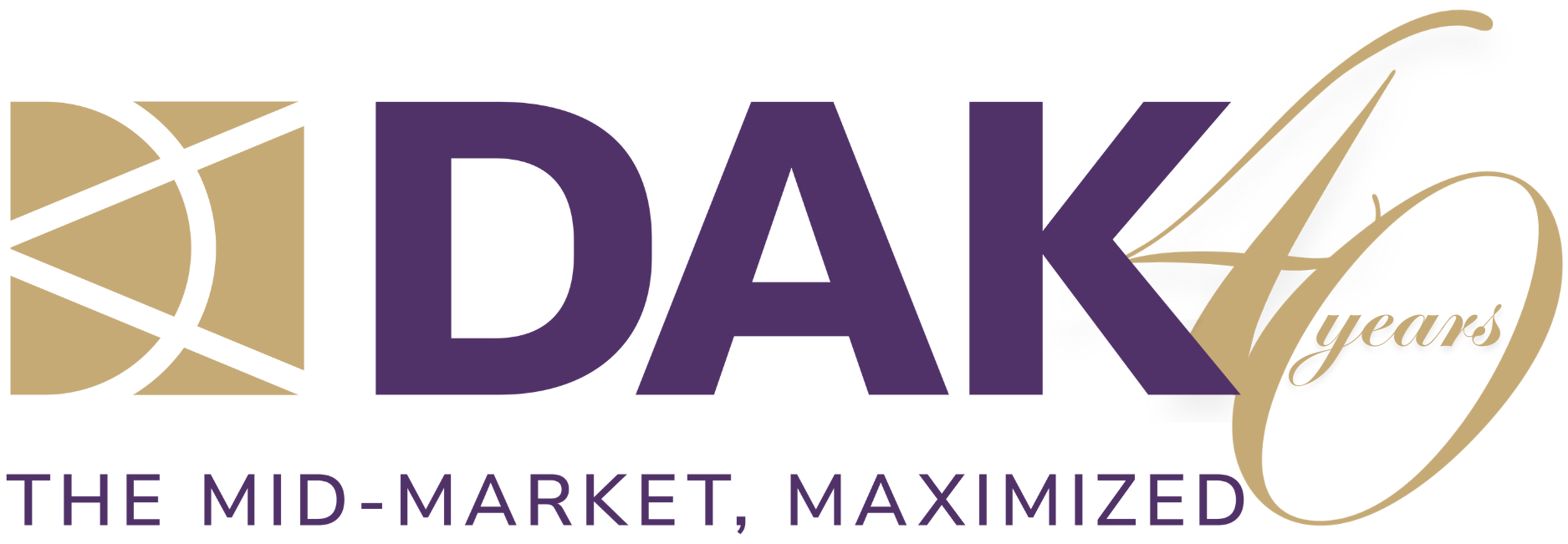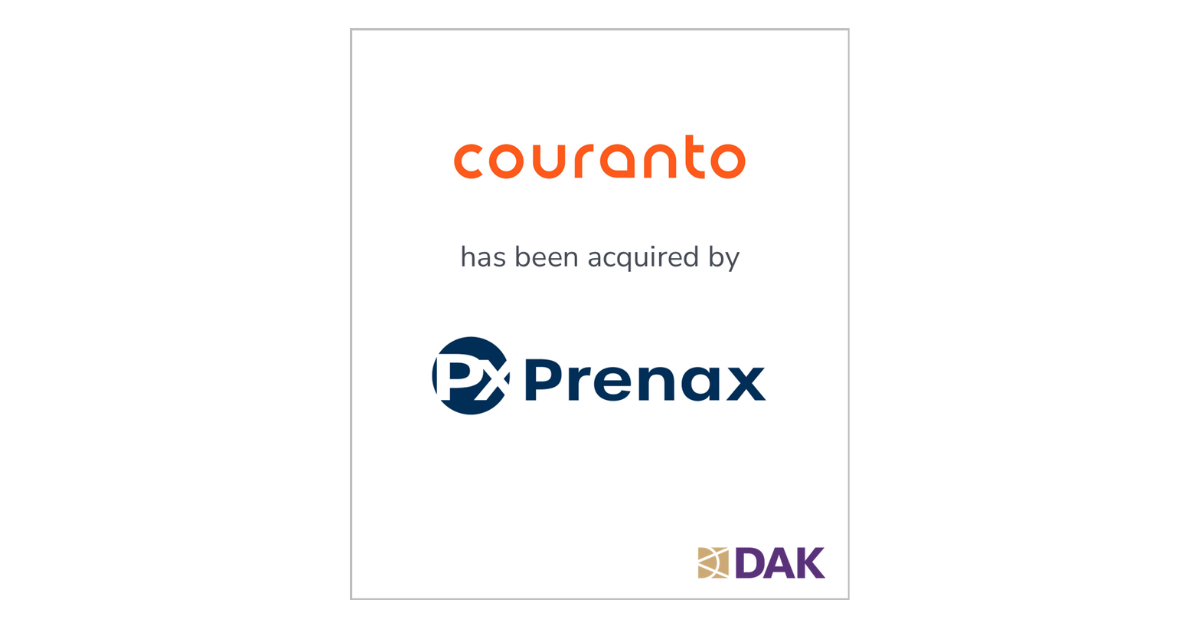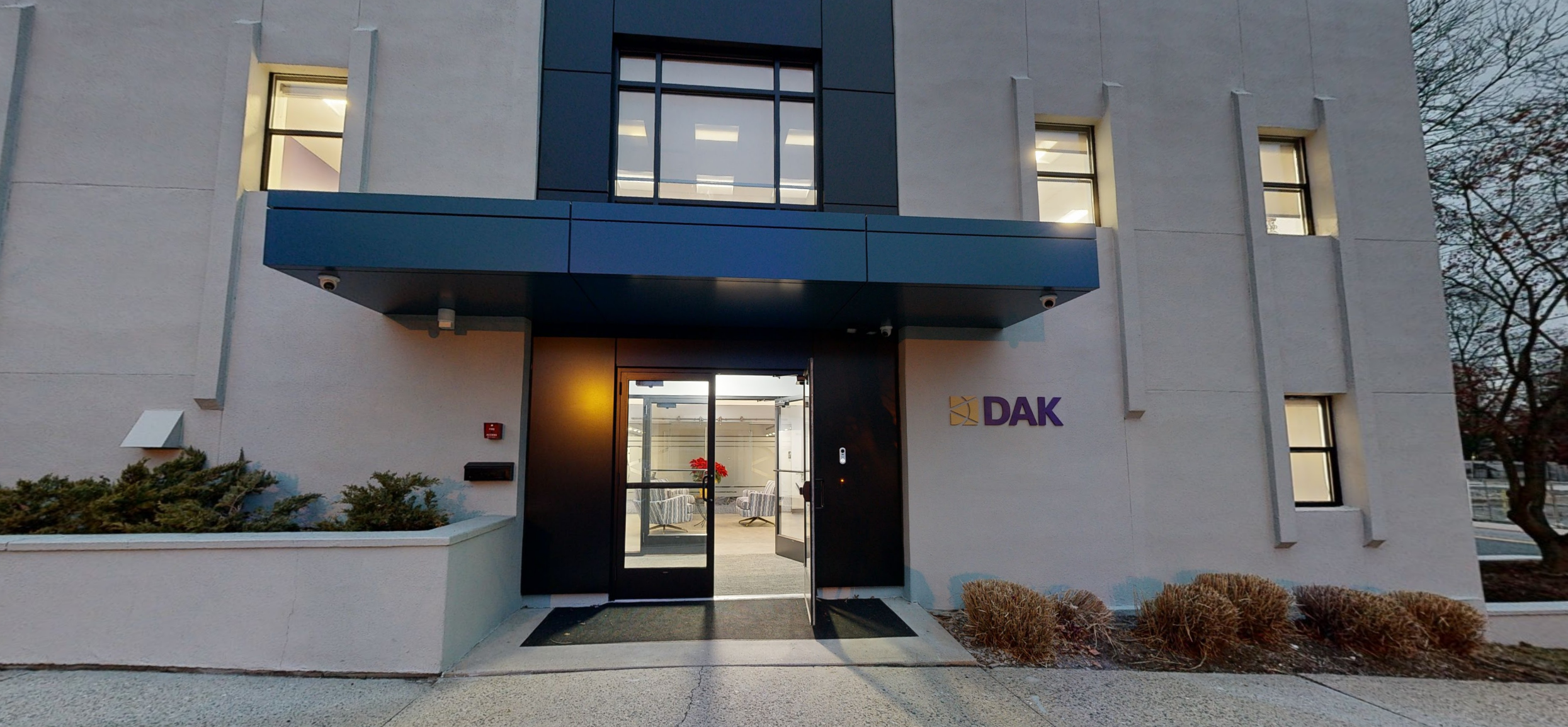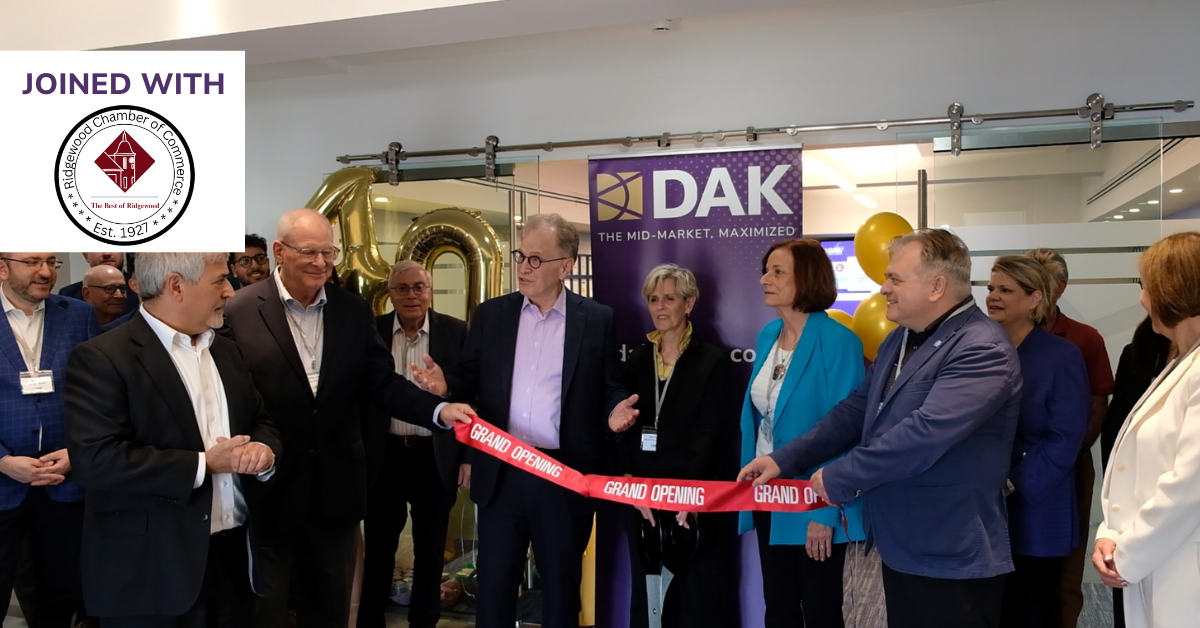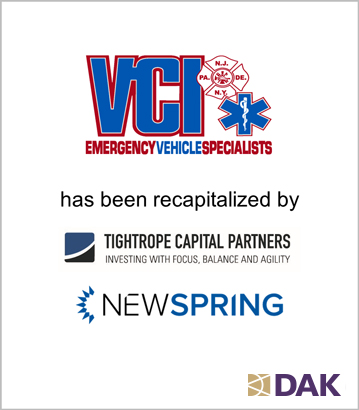The economy is in a pivotal period today especially for business owners running medium-sized privately held companies. The pandemic, although far in the rear-view mirror, created disruption that has spurred owners into reevaluating their personal and business goals, and the path to achieve them.
A recent conversation with Steve Oatway, a Principal at The DAK Group who leads the Strategic Leadership Practice, sheds light on the prevailing trends and challenges that business owners face in this evolving landscape.
Q: What overarching theme are you observing among business owners today?
Oatway: We are witnessing a surge of business owners who are at a crossroads contemplating the future of their enterprises. They grapple with the question of whether to further invest in their companies, transition to the next generation, or embark on the path of selling their businesses to pursue new chapters in life.
Regardless of their chosen course, the common thread is a desire to maximize the value of the companies they have painstakingly nurtured and built. They understand the need for change but often find themselves unsure of where to start, skeptical of what lies beyond the sale, and many are unaware of the spectrum of options available to them.
On the flip side, we are seeing both strategic and financial buyers looking to acquire well-run businesses. Buyers today are being overly cautious and are extremely risk adverse – conducting a high level of Due Diligence. With this knowledge, it behooves business owners to be preparing the business through the eyes of a buyer. This requires looking at their business through a different lens, and identifying areas that could be valuable to buyers. This is not just a best practice but truly maximizes and sustains value when the transaction reaches the due diligence process.
Q: When you speak of “maximize the value,” what precisely do you mean?
Oatway: The concept of “maximize the value” pertains to achieving the highest possible worth for a business, which is ultimately determined by what a prospective buyer is willing to pay for it. Drawing from our experience with over 750 transactions, we possess valuable insights into what middle-market company buyers seek out, value, and are willing to pay for. Often, what the buyer cares most about is not what the owner has put an emphasis on or has overlooked completely, and therefore, cannot earn the maximum value for the company. Ironically, the factors that consistently drive high valuations when selling a business align closely with what is essential for running a successful and resilient business, regardless of whether it is transitioning to the next generation or preparing for sale.
Q: What aspects of their businesses have owners typically overlooked?
Oatway: The owners we have been working with generally have an intimate understanding of their industry and have dedicated their lives to servicing their customers. However, when a potential buyer evaluates a business, they use a different lens, focusing on where future value can be generated. Some frequently neglected areas include:
Financials – this may sound crazy, but many owners maintain outdated financial practices, some continuing what they did 30 years ago – sometimes relying solely on managing to their bank account. The Best Practice is to have monthly reporting, an annual budget, and using an accrual system versus cash. A simple tax return will simply not suffice. Today, Buyers demand accurate financial statements prepared according to Standard Accounting Principles. They need to have absolute confidence in the accuracy and veracity of the financial picture being shared. The financial statements must be dependable, accurate and available in a timely organized fashion. In addition, there should be strong financial controls and systematic procedures in place.
In most instances, our recommendation to sellers is to undertake a Quality of Earnings (Q of E) report, known as a sell-side Q of E. This is an audit of the businesses financial practices.
Just know that all prospective buyers will invariably conduct their own Quality of Earnings evaluation. By proactively initiating this step, sellers are well-positioned to significantly streamline the entire due diligence process, because they will have already addressed any concerns. Prospective buyers will have confidence in a company where few or no discrepancies are found and be willing to pay for the value.
Concentrations-Vendor/Customer – High dependency on one or a few key customers or suppliers can be detrimental to a business’s valuation. Buyers are looking for the sustainability of relationships and earnings. Handshake agreements from years past do not inspire the same confidence in a buyer’s eyes as it does the owners. To mitigate this risk, owners should diversify their customer or supplier base whenever possible and establish formal agreements with key partners.
In industries where concentration is unavoidable, contracts and consents with key customers and suppliers will give greater confidence to potential acquirers.
You and the Management Team – Businesses that command the highest values are those that are not reliant on the owner. Strong management teams that can effectively run the operation are a significant asset. Preparing individuals or teams to take over the business may involve months or even years of grooming.
Q: You mentioned owners have options when selling their businesses. Could you elaborate?
Oatway: In the past, selling a business often meant retirement, a step many owners are not ready to take. Today, owners can pursue various avenues. They can sell and move on, engineer a partial sale with a Private Equity firm to extract wealth while continuing to manage the business, or sell to a strategic or private equity buyer and stay involved for a specified transition period. These options reduce risk while allowing owners to remain engaged in the company they love.
If any of these areas are not operating at their peak potential, the value of the business will be reduced.
Q: Where should an owner begin?
Oatway: Open-mindedness and a willingness to shift from “business as usual” to a new perspective are the keys to success. We find that owners are often so focused “in their business”, that they lose sight of where their business stands in the broader scope.
We recommend owners undertake a self-due diligence process — a comprehensive assessment of every operational aspect of the business. They can do this themselves with the management team, or bring in an outside expert that can provide a third-party perspective.
This exercise provides a deep understanding of the company’s current state, measures the business against accepted Best Practices, identifies areas in need of improvement, and establishes goals for remediation. While it can be challenging for owners to initiate change, the right guidance and education can set them on a path to success.
CLICK FOR MORE INFORMATION
AUTHOR
Steve Oatway
